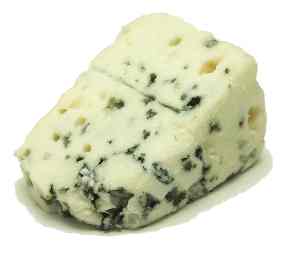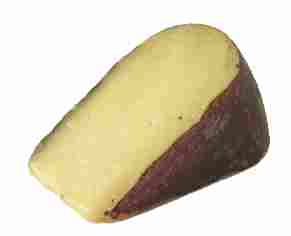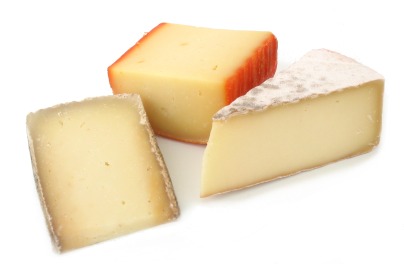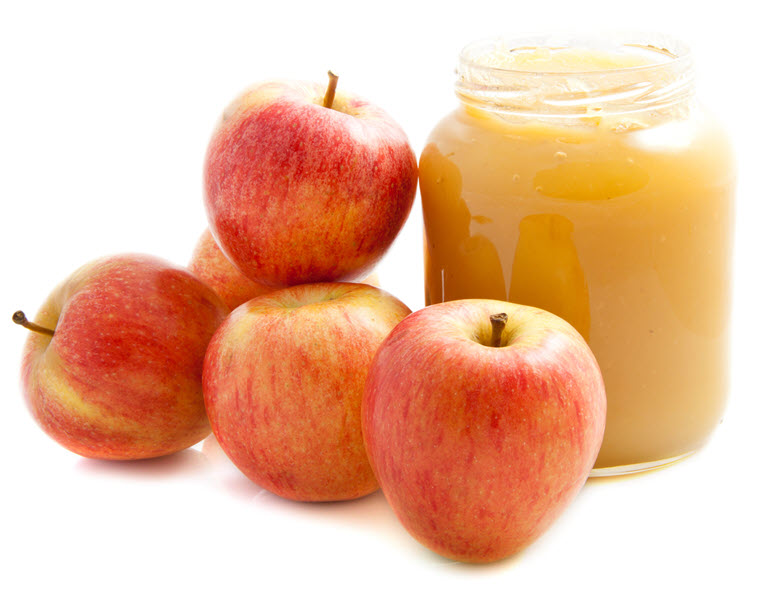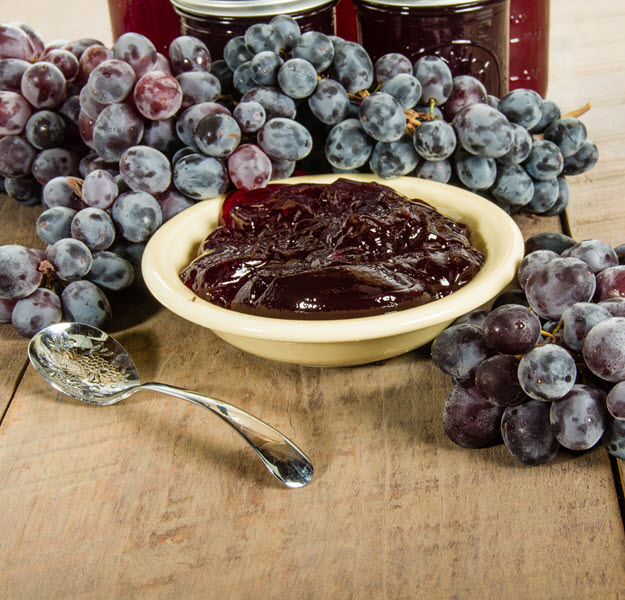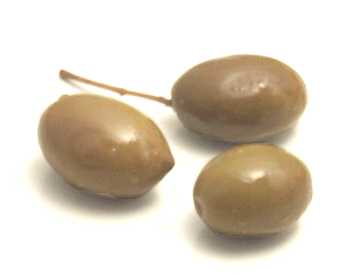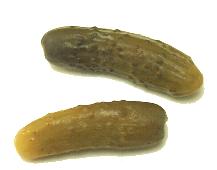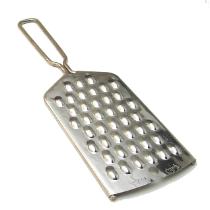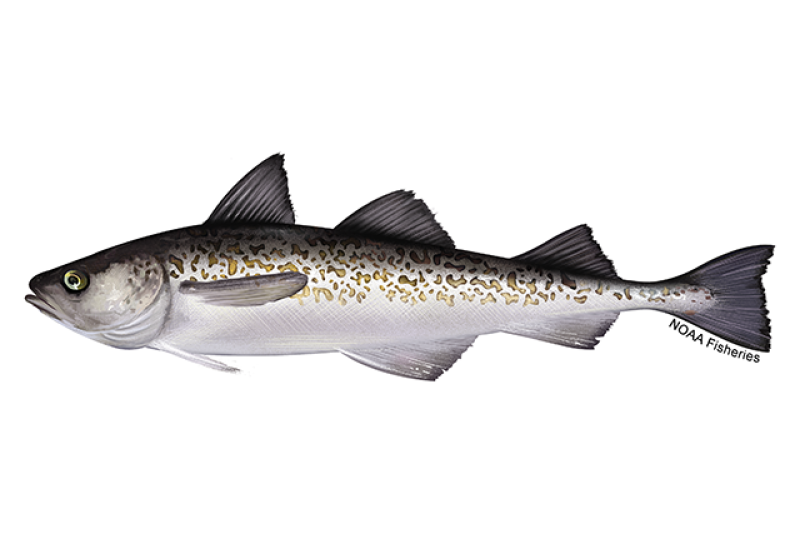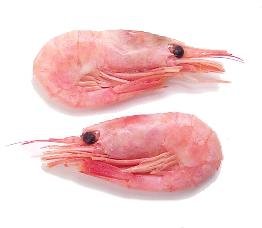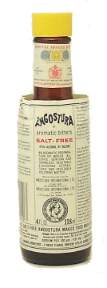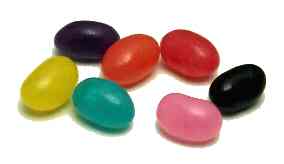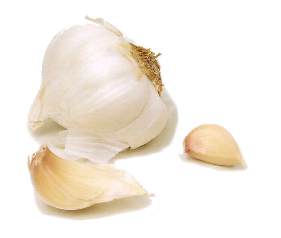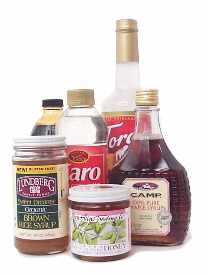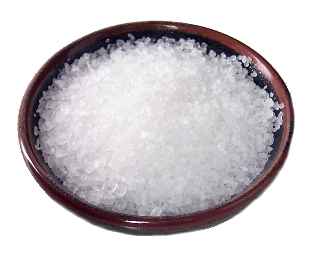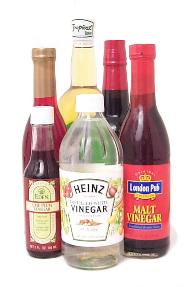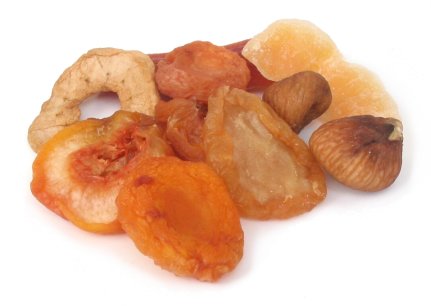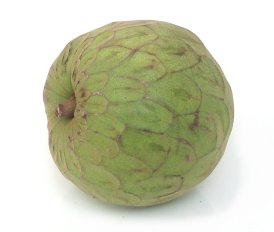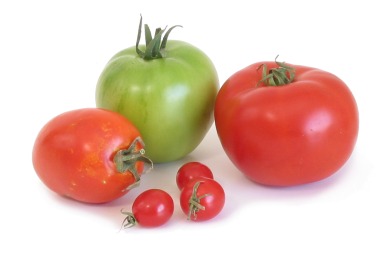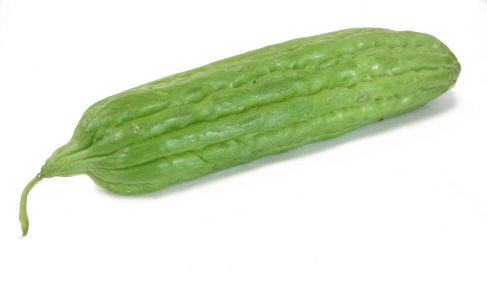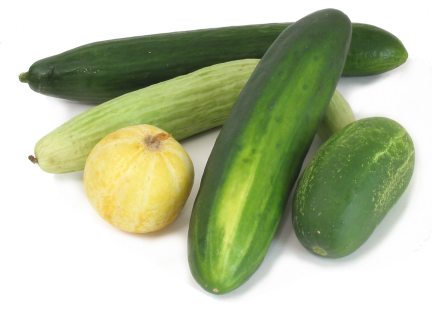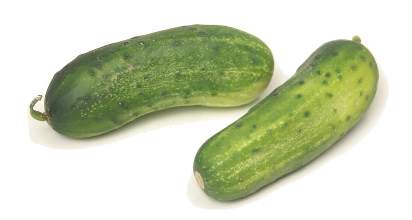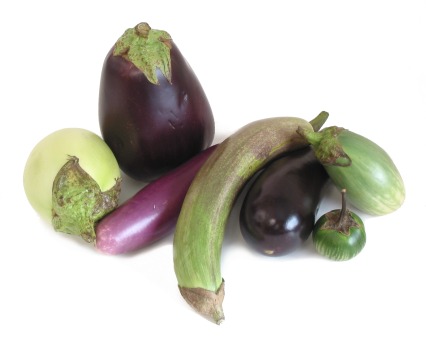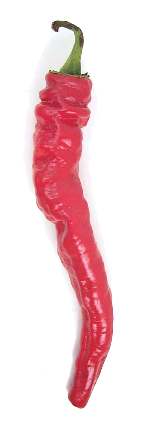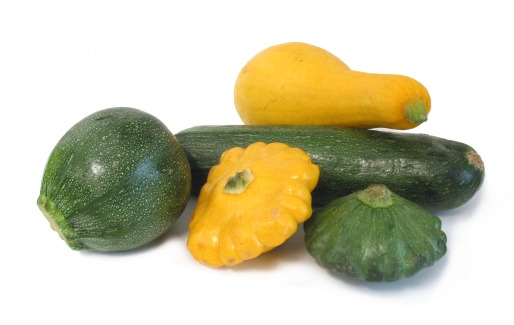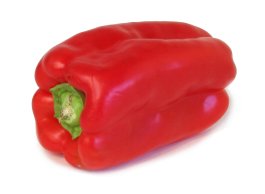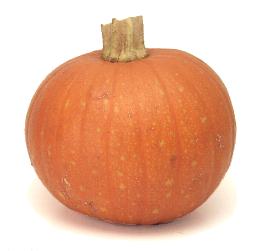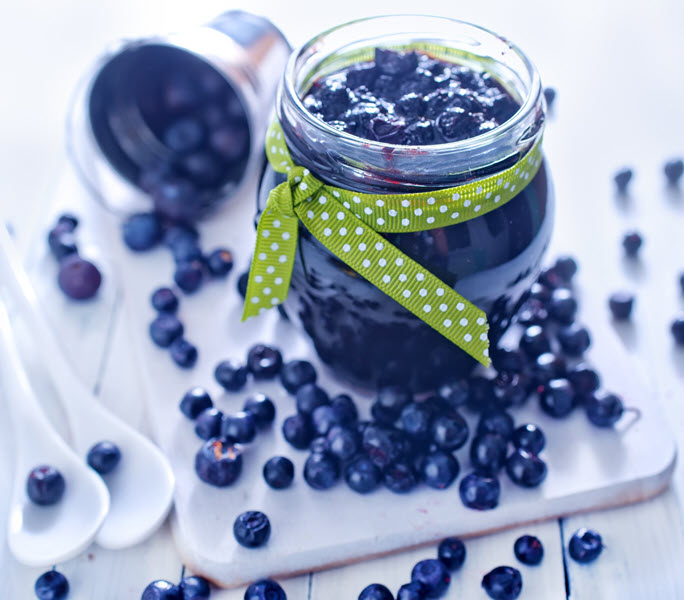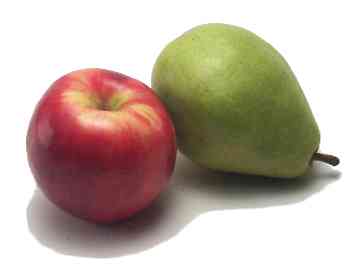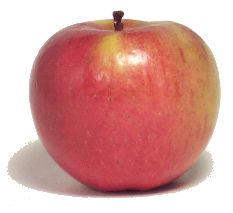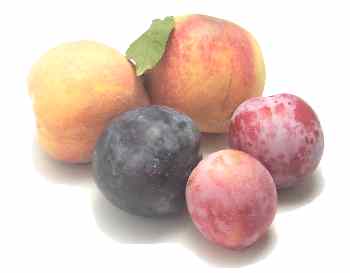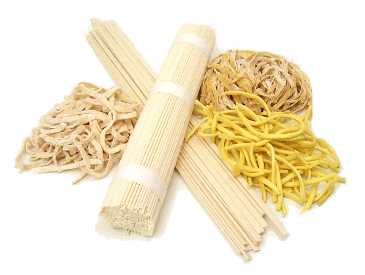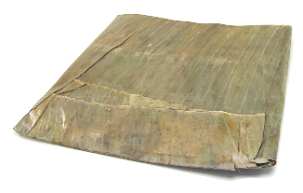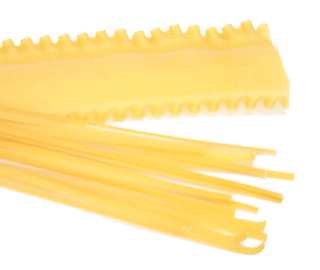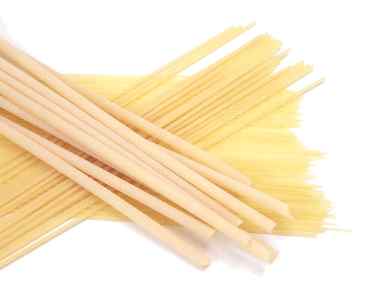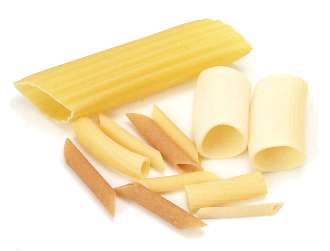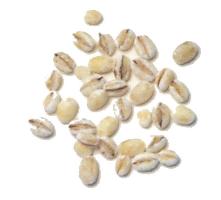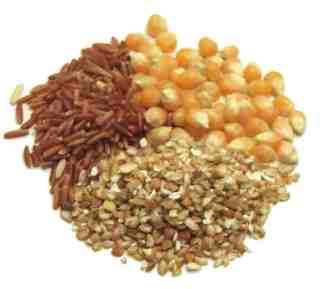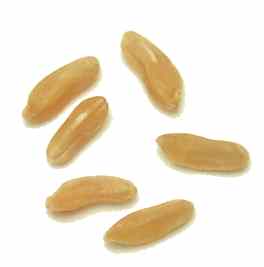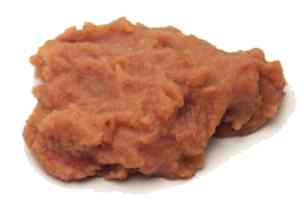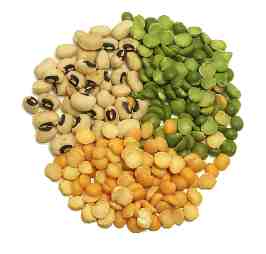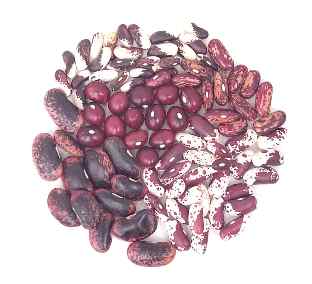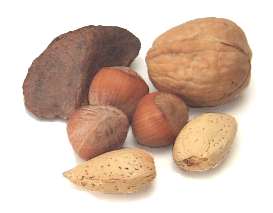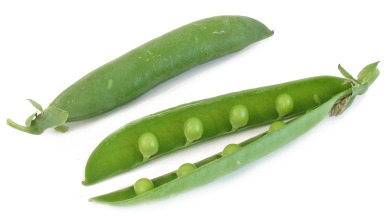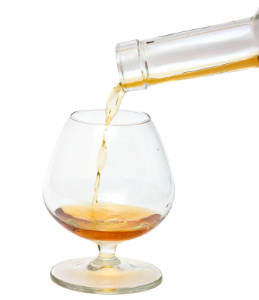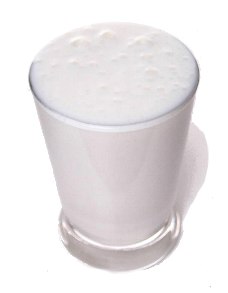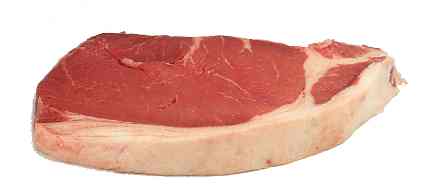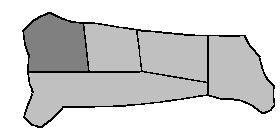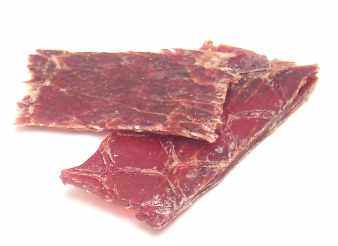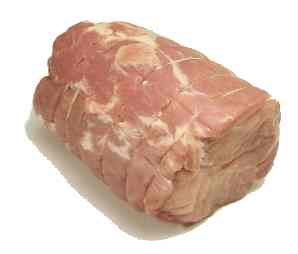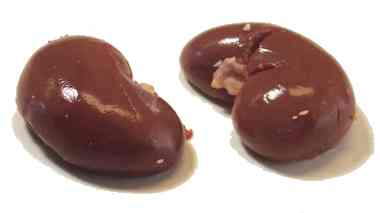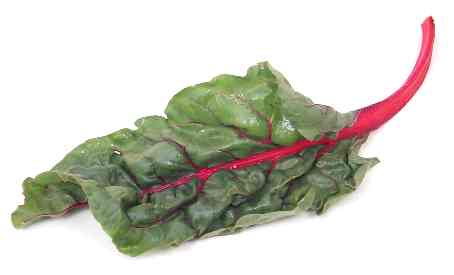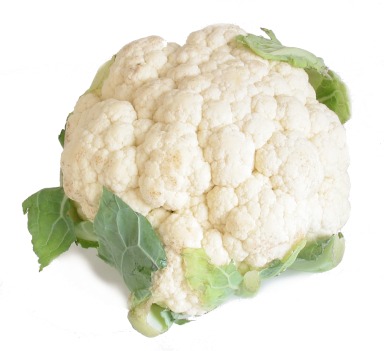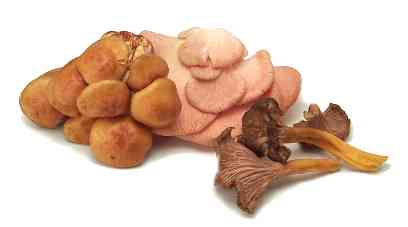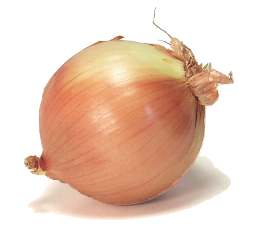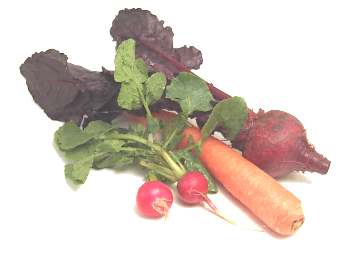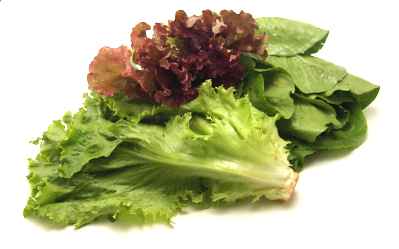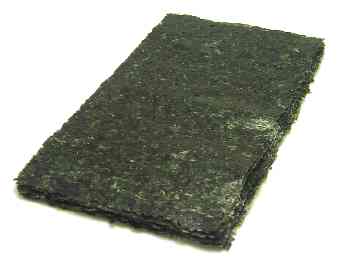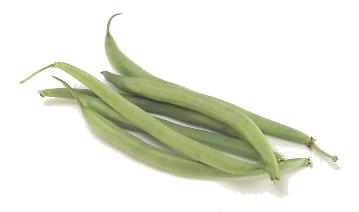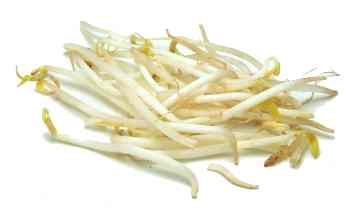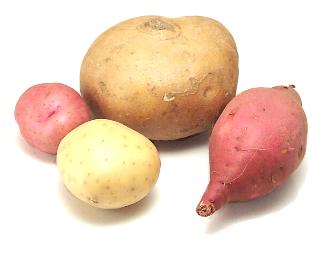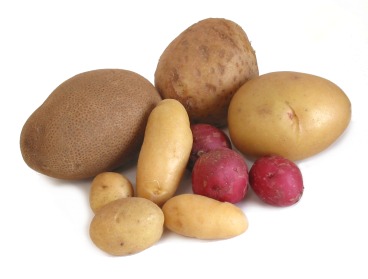Dairy Category

This category includes milk and cream, cheese, eggs, and cultured milk products, like yogurt, buttermilk, and sour cream.
Abondance
This French raw cow's milk cheese has a subtle, nutty flavor. It's a good melting cheese.
Learn moreAlouette
This is one of several spreadable cheeses that combine cream cheese with various flavorings, like herbs, garlic, pesto, and sun-dried tomatoes. You can set them out with crackers for guests, but your gourmet friends probably won't indulge.
Learn moreasadero
This stringy Mexican cheese melts nicely, so it's great on quesadillas. It is made from goat and cow's milk.
Learn moreAsiago (aged)
This cow's milk grating cheese is similar to Parmesan and Romano, but it's sweeter. It's good on pizza. There's no need to spring for a pricy Italian Asiago--our domestic knock-offs are pretty good. Don't confuse aged Asiago with the relatively obscure fresh Asiago cheese, which is semi-soft.
Learn moreAsiago (fresh)
Asiago is a cow's milk cheese. Don't confuse this with aged Asiago, which is a firm grating cheese.
Learn moreBavarian blue
This is a mild and creamy cow's milk German blue cheese. It's good for crumbling on salads and snacking. Paladin Bavarian Blue is a popular brand.
Learn moreBeaufort
This semi-firm raw cow's milk cheese is slightly sweet and has a nice texture. It's a great melting cheese, so it's often used in fondues.
Learn moreBel Paese
This is a mild, semi-soft Italian cow's milk cheese that's good with apples, pears, and fruity red wines. It's also shredded and used to make pizza, risotto, and pasta dishes.
Learn morebierkäse
This is a soft, stinky cow's milk cheese. German like to put it on rye bread along with some sliced onion, and have it with beer. It's too overpowering to serve with wine.
Learn moreBleu d'Auvergne
A moist, crumbly, and somewhat salty cow's milk blue cheese from France. It's milder and cheaper than Roquefort, and it works well in salad dressings or as a snacking cheese.
Learn moreBleu de Bresse
This blue cheese from France is made with cow's milk, and is buttery and mild. It's a safe but unexciting cheese to serve company. An American version called Bresse bleu is milder still.
Learn moreBleu de Chevre
This French blue cheese is made with goat's milk. It's shaped as a pyramid, and has a distinctive country (or barnyard, some would say) flavor.
Learn moreBleu de Gex
The French have been producing this excellent but hard-to-find blue cheese since the 13th century. Made with cow's milk, it's pungent without being overpowering.
Learn moreBlue Castello
This is a rich, moist, and creamy cow's milk blue cheese. It's fairly mild and a good choice for unadventurous guests.
Learn moreboursault
This is a soft-ripened, triple crème French cow's milk cheese that is very rich and mild. For best flavor, serve at room temperature.
Learn moreBoursin
This creamy cheese from France is usually flavored with herbs, garlic or coarse ground pepper. It's mild and delicate, and goes well with fresh bread and dry white wine. Boursin is considered better than some other flavored spreadable cheeses, like Alouette or Rondelé, but none of these cheeses are well regarded by gourmets. Store Boursin in the refrigerator but bring it to room temperature before serving. Eat it within a few days of purchase.
Learn morebrie
This French cow's milk cheese is rich, mild, and creamy, and it's soft enough to spread easily on crackers or bread. As with Camembert cheese, the Brie name isn't protected so there are lots of mediocre knock-offs on the market. Look for French Bries--they're usually much better than their American counterparts. The rind is edible. For best flavor, wait until it's perfectly ripe and warmed to room temperature before serving it.
Learn moreBrillat Savarin cheese
This soft triple crème French cow's milk cheese is rich, buttery, and mild, though some find it a bit sour and salty.
Learn moreBrinza cheese
Look for this salty sheep's milk cheese in Eastern European markets. It's spreadable when young, but becomes crumbly as it ages. Like Feta, it's good in salads or melted on pizza
Learn moreburrata
Burrata is a soft, white Italian cow's milk cheese that similar to fresh mozzarella, except that the balls are filled with stracciatella and cream, making it especially rich and creamy. It would work well in a Caprese salads or as an appetizer.
Learn morebuttermilk
Despite its name and creamy consistency, buttermilk is relatively low in fat. It's sometimes tolerated by people with lactose intolerance since some of the lactose is fermented by bacteria. Most of the buttermilk found in supermarkets is cultured buttermilk, made by adding a bacterial culture to low-fat or nonfat milk. More authentic and tasty, though, is churn buttermilk, which is the liquid that remains after milk is churned into butter. Since recipes often call for just small amounts of buttermilk, many cooks use reconstituted powdered buttermilk. Churn buttermilk may require longer baking times than ordinary commercial buttermilk.
Learn morebuttermilk cheese
You won't find this tangy, creamy cheese in supermarkets, but it's easy to make at home. To make your own: Line a colander with several folds of cheesecloth or a kitchen towel. Pour buttermilk into the cloth, then put the colander into a larger container and let it drain overnight in the refrigerator until it's reduced to a cheeselike consistency.
Learn moreCabrales
This is a crumbly and very pungent blue cheese from Spain. It is usuually made from cow's milk but can be made with other kinds of milk.
Learn moreCaciocavallo
This Italian cheese is similar to provolone. This can be made from cow’s milk or sheep’s milk.
Learn moreCaciotta
This mild Italian cheese is made with a blend of sheep's milk and cow's milk cheese.
Learn moreCambozola
This German cow's milk cheese combines the moist, rich creaminess of Camembert with the sharpness of blue Gorgonzola. It's one of the mildest blue cheeses.
Learn moreCamembert
This popular soft-ripened cow's milk cheese is buttery rich and wonderful to spread on hot French bread. The name's not protected, so there are lots of Camemberts of varying quality on the market. Try to get a French raw milk Camembert--our pasteurized domestic versions are bland in comparison. Use within a few days after purchasing. For best flavor, serve at room temperature.
Learn moreCantal
This French cow's milk cheese is sweet when young but earthy and grassy when aged. It's a reliable party-pleaser--mild but complex.
Learn morecaprino fresco
This is an excellent Italian fresh goat cheese that's hard to find in the U.S.
Learn morecaprino stagionato
This is an excellent Italian aged raw goat's milk cheese that's hard to find in the U.S.
Learn moreCarré de l'est
This is a square washed rind, moderately stinky cow's milk cheese from the Lorraine region of France.
Learn moreCashel Bleu
This creamy yet crumbly cow's milk blue cheese from Ireland has a tangy but mellow flavor. It's cheaper than Stilton but not quite as good.
Learn morecasu martzu
Casu martzu means "rotten cheese" in Sardinian. It contains live maggots. Seriously. The cheese has been outlawed by the European Union and the United States, since the maggots can enter the intestines and lead to serious health problems.
Learn moreChaource cheese
This French cow's milk cheese is similar to Brie and Camembert, but creamier and more acidic. It's good with champagne.
Learn moreCheddar
The curds of many English cow's milk cheeses are "cheddared" or cut them into slabs and stacked to allow whey to drain off. Some cheddars have more lactose in them, making them "sharp" or acidic. Less sharp cheddars are often labeled "mild" or "medium." England supplies many fine Cheddars, as does Vermont and Tillamook, Oregon.
Learn moreCheshire
Said to be England's oldest cow's milk cheese, is a good cooking cheese. Blue Cheshire is a blue-veined version.
Learn morechevre (aged)
Don't confuse this aged goat cheese with the far more common chevre frais (fresh chevre). Use within a few days after purchasing. For best flavor, serve at room temperature.
Learn more

